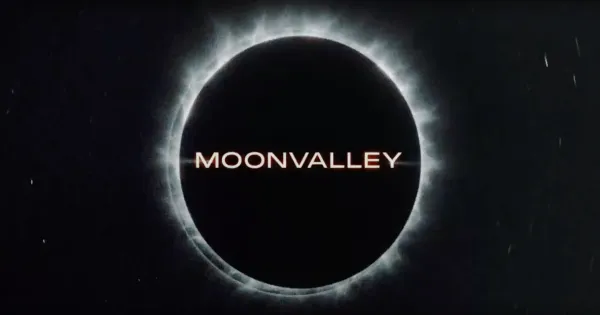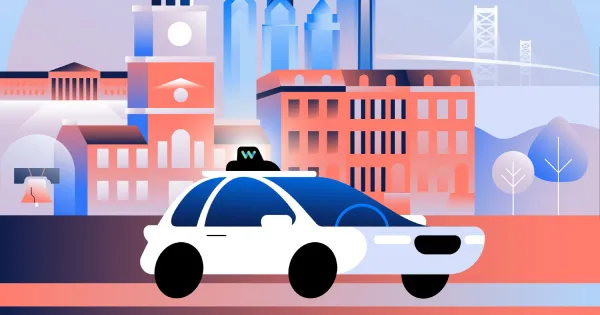7 Psychology-Based Reasons Why People Buy

Understanding the psychology behind why people make purchases can transform how you approach marketing, sales, and business strategy. Here are 7 psychology-backed reasons people buy:
Reason 1) Emotional Connection
People often buy based on emotion rather than logic. While consumers may use logic to justify their purchase after the fact, it's the emotional connection that initially grabs their attention. Brands that tap into emotions—whether it’s excitement, nostalgia, belonging, or happiness—tend to inspire stronger loyalty and higher conversions.
Example: Apple’s branding doesn’t just focus on product specs but emphasizes a lifestyle, community, and innovative spirit, appealing to users’ identity and aspirations.
Reason 2) Social Proof and FOMO (Fear of Missing Out)
Social proof, like reviews, testimonials, or endorsements, validates the quality and value of a product. FOMO, on the other hand, makes people want to avoid the feeling of regret from missing out on a product or experience that others have enjoyed.
Example: Limited-time offers or social proof indicators such as “500+ sold” on an item create urgency and push customers to act quickly to avoid missing out.
Reason 3) Desire for Status and Recognition
For many, buying is a way to express their identity, values, or aspirations. Products that promise a higher social status or increased recognition appeal to this psychological need. High-end brands use this to their advantage by creating exclusive experiences that customers want to associate with.
Example: Luxury brands like Louis Vuitton and Rolex appeal to the desire for exclusivity and prestige, signaling status to others.
Reason 4) Trust and Authority
Consumers are more likely to buy from brands they trust. Building authority through consistent, reliable information and a recognizable brand identity establishes trust over time. Trustworthy brands are perceived as less risky, making the purchase decision easier.
Example: Brands like Amazon have cultivated trust through customer-centric policies, solidifying consumer loyalty and reducing purchasing hesitation.
Reason 5) Solution to a Problem or Pain Point
One of the primary reasons people buy is to solve a problem or alleviate a pain point. A product that offers a clear, immediate solution to a problem resonates more with buyers who feel understood. People buy for relief from inconvenience, frustration, or discomfort.
Example: A product like a noise-canceling headphone solves a clear problem (unwanted noise), giving customers peace and focus, especially during work or travel.
Reason 6) Value Perception and Price Anchoring
The perceived value of a product is often influenced by how it’s presented relative to other options. Price anchoring—showing a higher original price before offering a discount—affects how people perceive value, leading them to feel they’re getting a good deal.
Example: Displaying a “was $100, now $50” price creates an anchor in the buyer’s mind that $100 was the original value, making $50 seem like an attractive deal.
Reason 7) The Need for Belonging and Community
Many consumers are drawn to brands because of the sense of community or belonging they create. People enjoy being part of a group or culture that resonates with their values, preferences, or lifestyle. Brands that build a community around their products create long-term relationships with their customers.
Example: Brands like Harley-Davidson or Peloton have developed strong communities where customers feel they’re part of something bigger, turning them into loyal brand advocates.
Final Thoughts
Understanding these psychological triggers can help you align your brand’s messaging and offerings with what truly drives consumer decisions. By focusing on building trust, creating emotional connections, and tapping into human desires for status, belonging, and value, you can transform casual buyers into loyal advocates.





